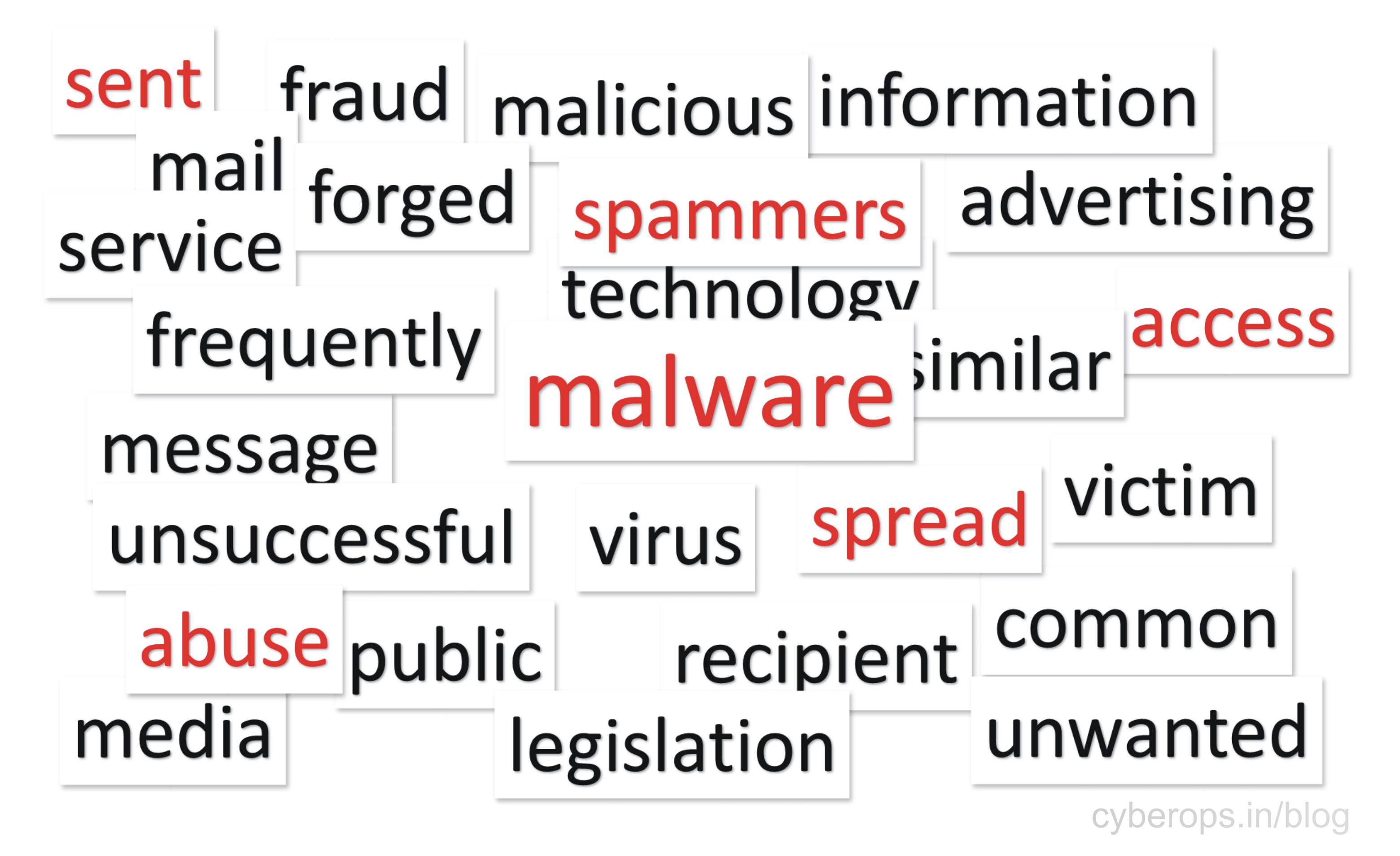New malicious malware on the hunt
By Prempal Singh

There is absolutely no rest for the tired they say; and this is especially true for Kaspersky Lab’s Global Study and Analysis Team, which has uncovered a new complex wiper malware similar to previous viruses that attacked gas and oil companies in the Middle East.
Called StoneDrill, the new malware destroys everything on the infected computer and features advanced anti-detection techniques and espionage tools in its arsenal. In addition to targets at the center East, one StoneDrill target has also been uncovered in Europe, where wipers used in the center East have not previously recently been spotted in the untamed.
Kaspersky Lab researchers declare StoneDrill is similar to the Shamoon wiper, which in 2012, made a lot of noise by taking down around thirty-five, thousand computers in a gas and oil company in the Middle East. At the end of 2016, the malware returned in the form of Shamoon 2.0 – a significantly more intensive malicious advertising campaign by using a heavily latest version of the 2012 viruses. While built in a similar style to Shamoon 2.0, StoneDrill was very different and even more complex than Shamoon. Until now, at least two targets of the StoneDrill wiper have been identified, one structured in the Middle East and the other in Europe.
It is not yet known how StoneDrill is propagated, but once on the attacked machine, it injects itself into the memory process of the user’s preferred web browser. In this process, it uses two complex anti-emulation techniques aimed at fooling security solutions installed on the victim machine. The viruses then start destroying the computer’s disc files.
Apart from the wiping module, Kaspersky Laboratory researchers have also found a StoneDrill backdoor, which has apparently been developed by the same code writers and used for espionage purposes. Experts uncovered four command and control panels which were employed by attackers to run lookout functions with help of the StoneDrill backdoor against an unknown quantity of objectives.
Eugene Kaspersky, founder, Chief, and CEO of Kaspersky Lab, who was in the UAE recently, records that the global impact because of cyber-crime expertise is valued at half-a-trillion us dollars. That’s about one-third more than the UAE’s GROSS DOMESTIC PRODUCT in 2015. Based on the Unified Nations’ International Telecommunications Unification, the UAE ranks seventeenth on the set of the world’s best-prepared countries in cyber security. Despite this, the UAE was the goal of 5 per nickel of the world’s internet attacks in 2016.
Kaspersky noted that 50 every cent of users in the UAE has come across or been targeted, by malware onlineEven more worryingly, 28 per nickel of Internet users damaged by malware in the UAE have no idea how it ended up on their device.
A single theme that remains avoided, but should enter into higher focus in 2017, is that cybercrime is not merely about wire transfers and immediate and direct monetization of stolen information. Opponents are increasingly focused on data mining and will use the information they collect in more advanced future attacks or promote it on the Dark Web for others to do the same.
Source: khaleejtimes.com

